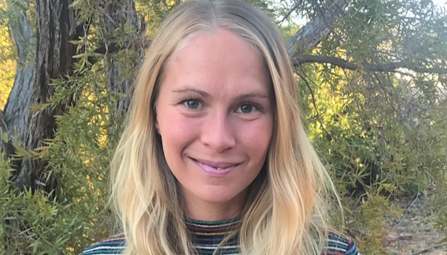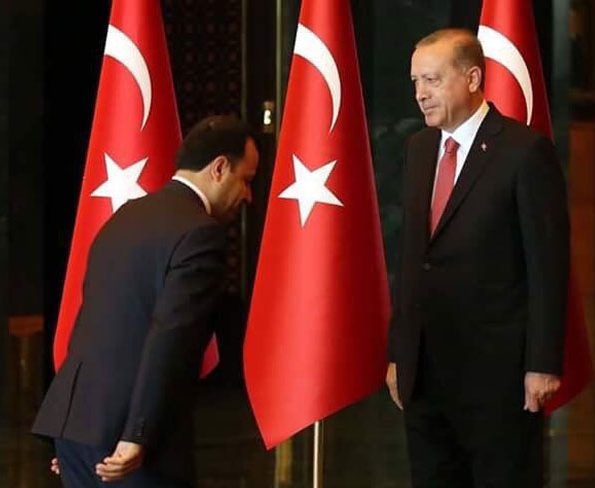[dropcap size=big]S[/dropcap]ince the early days of the 7-year long Syrian war, Turkey shared the heaviest burden in hosting refugees. The majority of the 4 million refugees who entered Turkey still reside there. Many others have left for Europe or came back to Syria’s “liberated areas”, while a few became Turks.
[authorbox authorid=”25″ ]
A long-term project of naturalizing Syrians was initiated by the Turkish government in 2016. The final outcome of the first phase of this project ended in granting the Turkish citizenship to around 55 thousands refugees, a move that angered the opposition parties and many human rights activists who regarded this project as unfair and discriminating.
According to many analysts, the Turkish project has economic and non-humanitarian objectives, and the criteria used in choosing those who will be granted the Turkish citizenship emphasized this fact. Through this project, the Turkish government targeted a specific group of Syrians; which only includes investors, rich businessmen, high university degree holders, and qualified people working mainly in educational sectors. On the other hand, the project excluded the first arrivals and the most marginalized groups; the poor, the uneducated, and those 311,000 “stateless” babies born in Turkey. Hence, the government’s aim is to economically benefit from the Syrians living in Turkey by granting the richest of them citizenships. Therefore, facilitating their work and investments in favor of developing its own economy.
Ankara is trying to make the country “investor-friendly”. In 2017, an amendment to the Article 20 of “The Regulation on the Amendment of the Regulation on the Implementation of the Turkish Citizenship Law” has been adopted. The new regulations allowed foreigners who make a fixed capital investment of at least $2 million and those who have purchased at least $1 million worth of immovable properties to be eligible to acquire the Turkish citizenship. Additionally, foreigners who would create at least 100 jobs in Turkey and those found to have kept at least $3 million dollars in their deposit accounts for three years in Turkish banks would also be granted Turkish citizenship.
In a similar move, Turkey aims to benefit from every rich or highly educated Syrian living on its soil. Due to opposition criticism, the naturalization proceedings took a slow pace in 2016 when the Turkish ruling party feared of the diminishing of its legitimacy during the Turkish Constitutional Referendum of 2017 and afterward. The slowing down of the proceedings was the result of a wide range of published statistics which showed that a majority of Turks believed that granting the citizenship to Syrians have a sole aim; to win their casting votes.
The referendum results came in favor of the ruling party anyways and the project was initiated again when authorities started to communicate the chosen Syrians after April of 2017. Every contacted person was hosted in a bureau in his residing city and interviewed with the presence of officials from the Interior Ministry. A few months later, most of those contacted and interviewed were ordered to visit designated ministerial administrations to receive their new citizenship, identity cards, and other related official papers.
Many Syrians were keen to receive the new citizenship, which will be followed by many rights such as working in the public sectors, benefiting from social and health securities, and end of service indemnities. Additionally, they possess now the freedom of travel and movement outside the country, political rights, and most importantly the ability to invest more easily in Turkey.
On the other side of the coin, the newly naturalized Syrians were subject to many disadvantages including the loss of all free medical treatment and material benefits they have enjoyed and received from Turkish and international humanitarian organizations. Additionally, they lost the right to an asylum to a third country and might lose their Syrian citizenship if the Damascus adopts a malicious policy against them that might end in confiscating their remaining proprieties in Syria.
Many Turks refused this project but no one had the ability to prevent the government from achieving its aims. The nationalist refusal of this project was heard when they labeled this project as an attempt to sell the Turkish identity for foreigners in a public auction. Other political parties and human rights activists opposed the project from moral points of view stating that it was given to those who have much at the expense of those who are in need or legally deserve it.
Additionally, the project violated the law number 5901 which mentions a 5 years necessary stay for those who can become eligible to be granted the citizenship. Many of the naturalized Syrians don’t meet this specific requirement, while others resided in Turkey for five years or more and were never chosen by the authorities.
By the end of February 2018, the first phase of the project ended successfully by naturalizing thousands of Syrians. The second phase has already started and authorities are looking for more rich people while others who don’t meet Turkey’s norms and economic ambitions will most likely remain refugees until the end of the Syrian war.



